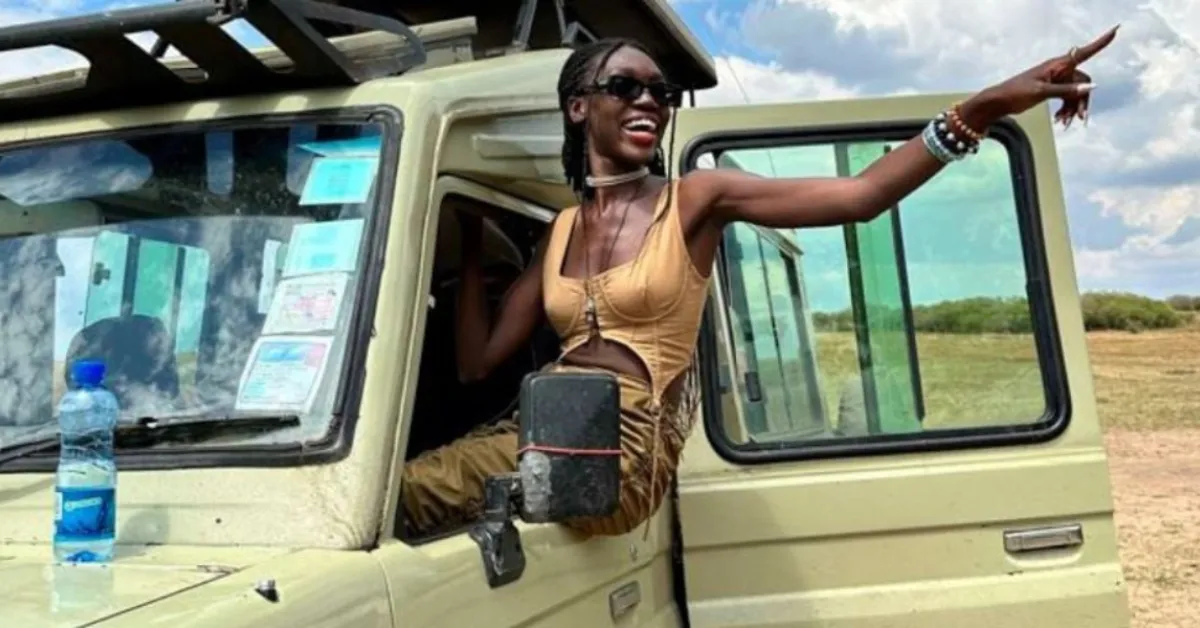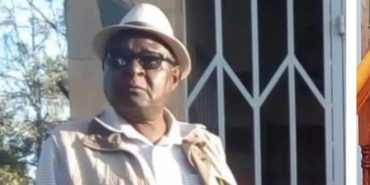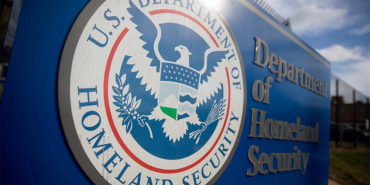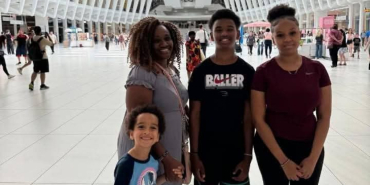Why I Left the US to Launch Two Businesses in Nairobi

Sally Ngoje, a 28-year-old management consultant and entrepreneur, has returned to Nairobi from New York, embracing the city's burgeoning startup ecosystem after a period of professional and personal reflection.
Her move represents a growing trend of diasporic Africans seeking opportunities to contribute to the continent's economic growth while reconnecting with their heritage. Ngoje's decision to relocate followed a sabbatical that began as a two-month visit to Kenya, extended to six months, and ultimately culminated in a permanent move. The initial visit, prompted by a desire to reconnect with family and engage in personal soul-searching, unveiled what she perceived as the untapped potential of Nairobi's entrepreneurial landscape.
"I realised Nairobi is unexplored," Ngoje says, drawing parallels to the dynamic energy of New York City. "I tell people it's the New York City of Africa."
Before her move, Ngoje built a solid foundation in the United States. Born in New Jersey to Kenyan parents, she earned a sociology degree from Colgate University and developed a career in the technology and consulting sectors. During this time she founded Maua Organics, a beauty brand inspired by natural wellness. Despite extensive global travel, her professional and personal life lacked a sense of fulfillment.
"I was in this place where I was checking all the boxes – career, life, experiences – and I found out I was unfulfilled," she reflects.
Nairobi's startup environment, in her assessment, offers a distinctive advantage over established hubs like New York. While the latter is characterised by intense competition, Nairobi distinguishes itself through its collaborative spirit and resourcefulness.
"Here, the community is supportive—people are willing to connect you, collaborate, and help," she notes.
This collaborative ethos proved crucial in Ngoje's decision to base her ventures in Kenya. Maua Organics has seamlessly integrated into Nairobi's growing wellness market, capitalising on the increasing demand for organic, locally-sourced products. Simultaneously, she is establishing Kariboo Experience, a relocation consultancy aimed at assisting diasporic returnees and other global citizens navigating the transition to life in East Africa.
The relocation process, however, is not without its challenges. Ngoje encountered logistical disparities between the US and Kenya, particularly in areas such as housing and transportation.
"In New York, apartments come furnished—you move in with your suitcase. In Nairobi, it’s quite different. If you want the same convenience, the cost multiplies," she explains.
These experiences informed the design of Kariboo Experience, which provides services to bridge the gap between expectations and the realities of life in East Africa. Acquiring citizenship proved relatively straightforward due to her Kenyan parentage. Ngoje qualified for citizenship by descent, a process completed at Nairobi's Nyayo House. She now holds dual citizenship and is pursuing an East African passport."I get asked about this all the time. Because of my birthright, my process was relatively swift—quicker than for many others," she acknowledges.
Ngoje's move mirrors a larger trend of diaspora members seeking to engage with their roots and tap into the continent's economic potential. Nairobi, in particular, has emerged as a regional innovation hub, attracting investment in startups, fintech, and the creative industries. Its digital infrastructure, youthful population, and expanding middle class are key factors drawing entrepreneurs, investors, and returnees like Ngoje.
However, the city's growth remains uneven, exhibiting a stark contrast between affluence and persistent socio-economic inequalities. This duality, the coexistence of modesty and ultra-luxury, is seen as emblematic of Nairobi's dynamism. For those contemplating a similar move, Ngoje offers practical advice. She estimates that relocating alone requires between $5,000 and $10,000, covering necessities such as a one-way ticket, a modest rental, and basic furnishings.
"Of course, this depends on your lifestyle," she cautions, "but Nairobi offers both ends of the spectrum. You need to plan wisely."
While the relocation has fostered professional growth and personal reconnection, it has also presented emotional challenges. Ngoje admits to missing the community she cultivated in New York, acknowledging that adulthood often entails geographical divergence. Time zone differences complicate communication, but she prioritises building local networks.
"Community is vital. I’ve begun establishing a Kenyan circle, and it’s been enriching," she states.
Ngoje is actively exploring curated shopping experiences in Karen and socialising in Kilimani and Westlands.














Add new comment